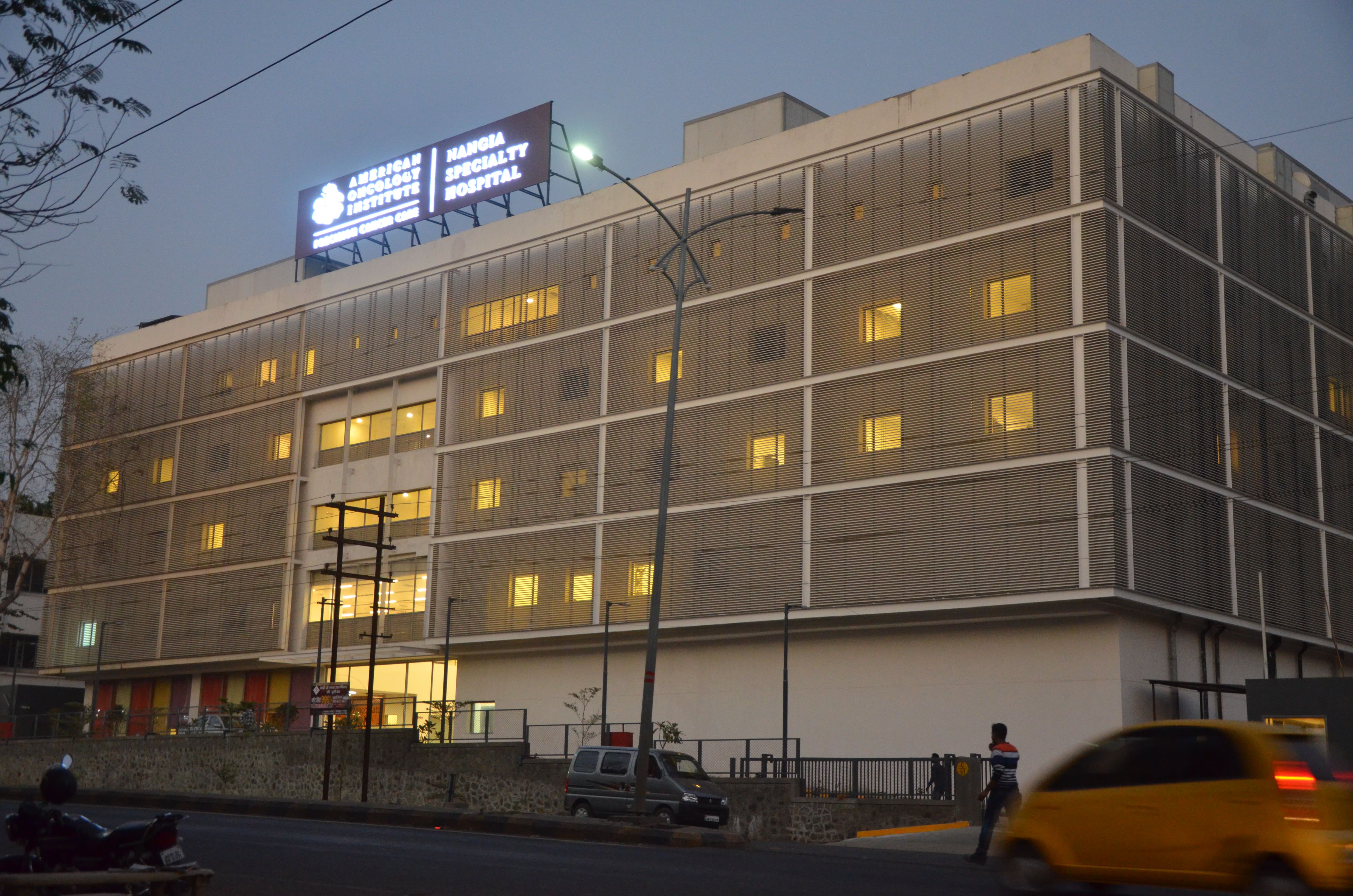Medical oncology is a branch of medicine that focuses on the diagnosis, treatment, and management of cancer using medical therapies such as chemotherapy, targeted therapies, immunotherapy, and hormonal therapies.
At American Oncology Institute Nagpur, we have a team of fully trained medical oncologists who are experienced in managing all types of cancer using chemotherapy, immunotherapy, nuclear medicine, and targeted therapy. Our medical oncology unit is backed by OPD, daycare services, and a fully equipped round-the-clock emergency department.

AOI stands at the forefront of treatment excellence offering precision cancer care for all types of cancers for all age groups and genders.

An expert team of cancer care specialists
With you in your journey to better health
Personalized care & treatment
Seamless access to our services
Medical oncology is a branch of medicine that focuses on the diagnosis, treatment, and management of cancer using medical therapies such as chemotherapy, targeted therapies, immunotherapy, and hormonal therapies.
